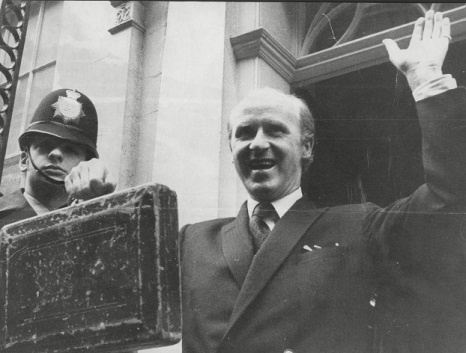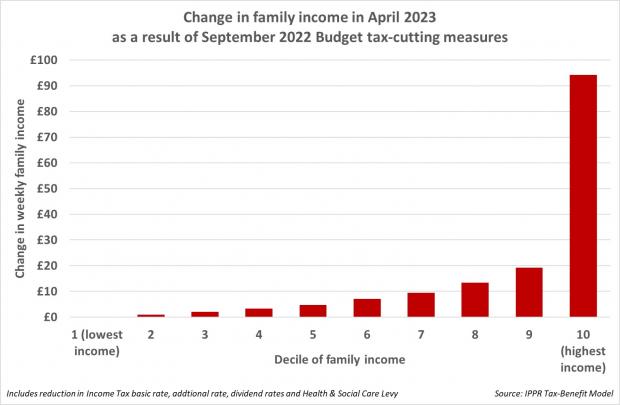Letter from Mark Langabeer – Hastings and Rye CLP.
Many commentators have made comparisons with Kwarteng’s tax cuts and Tory Chancellor Anthony Barber’s budget in 1972. Few have explained why the Tories abandoned financial probity in 1972. I was sixteen at the time and only beginning to draw political conclusions. As an aside, I had many erroneous ideas. I had illusions in Harold Wilson for starters.
Tories were elected in 1970 with the aim of restoring profitability and introduced legislation (Industrial Relations Act) to curb the power of the trade unions. However, unemployment had increased to one million. A part of the post WW2 consensus was full employment and the Tories feared social unrest.

The 1972 budget was called, “priming the pump” and it was the last attempt to avert recession by splashing the cash. Rather than growth, it led to stagflation. It marked the end of the post war consensus and as one Tory put it, ‘mass unemployment was a price worth paying’.
Most economists today believe that the Tories are gambling. They hope that tax cuts for the rich and big business will result in growth. But will they invest in the productive sectors of the economy? The bosses will only invest if they can secure profits. As with the Barber boom, it is likely to end in an orgy of speculation, instead. There are many parallels with the early 1970’s, not least, the fear of social unrest.
Gamblers’ luck?
The Tories dumped Johnson, not just because he was mired in scandal, but because he was seen to be an electoral liability. The Tories hope that they can prevent a slump, or at least delay it, and hold an early election, probably in the autumn of next year. But the problem with gamblers is that luck finally runs out and, invariably, it’s the bookies that clean-up.
The Tories state that the CBI (bosses union) support their measures. No surprises there: the reduction of the top rate of tax, cancelling an increase in corporation tax and lifting restrictions on bankers’ bonuses is mana from heaven for these guys. These are the same people who claim that a cost of living pay rise is greedy, unreasonable and unaffordable.
Starmer correctly states that the Tories are on the side of the wealthy and not on the side of working people. However, he offers little in the way of an alternative. Although he has confirmed that he would reverse the cut in the top rate of tax from 45% to 40%, he will not oppose the general tax cut down to 19%, which also helps higher tax payers more. They say they will only announce their full tax plans when an election has been called. The leadership are about as clear on the issue of tax as on other policy matters – as clear as mud! The old Labour policy of a 50% top rate has certainly been dropped.
However, given the social unrest that is unfolding, Labour will probably win the next General Election. The establishment regard Starmer as a safe pair of hands and unlikely to threaten their power and privileges. It should be remembered that the Tory-supporting Times newspaper actually backed Labour in 1974.They were not converts to the cause of Labour. They knew that the Wilson/Callaghan leadership would disappoint supporters and pave the way for a more reactionary Tory Government.



